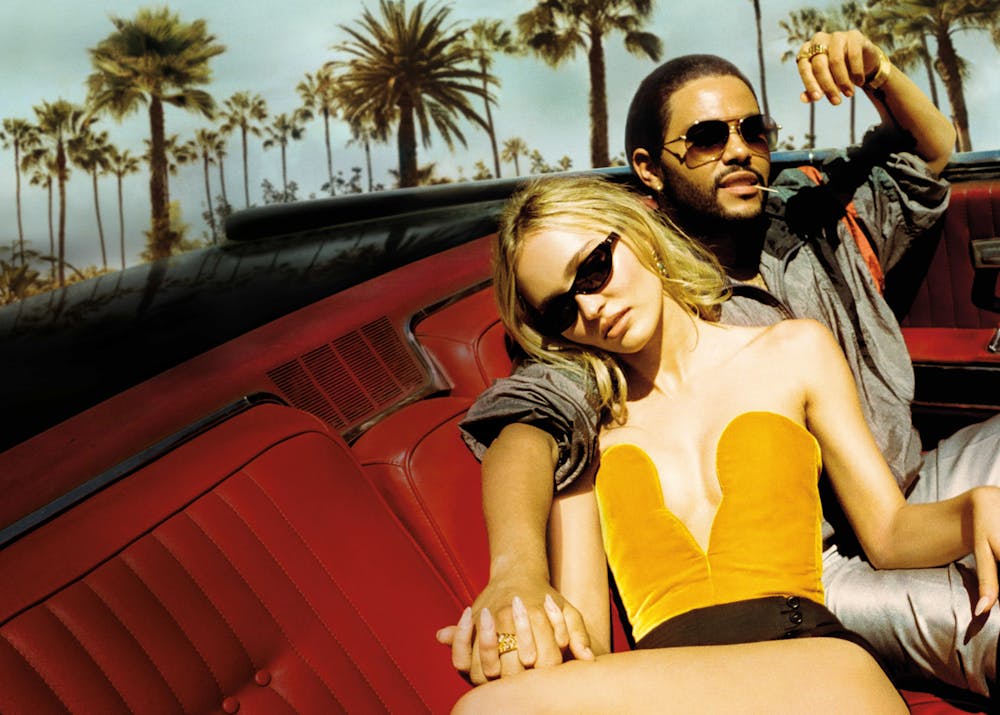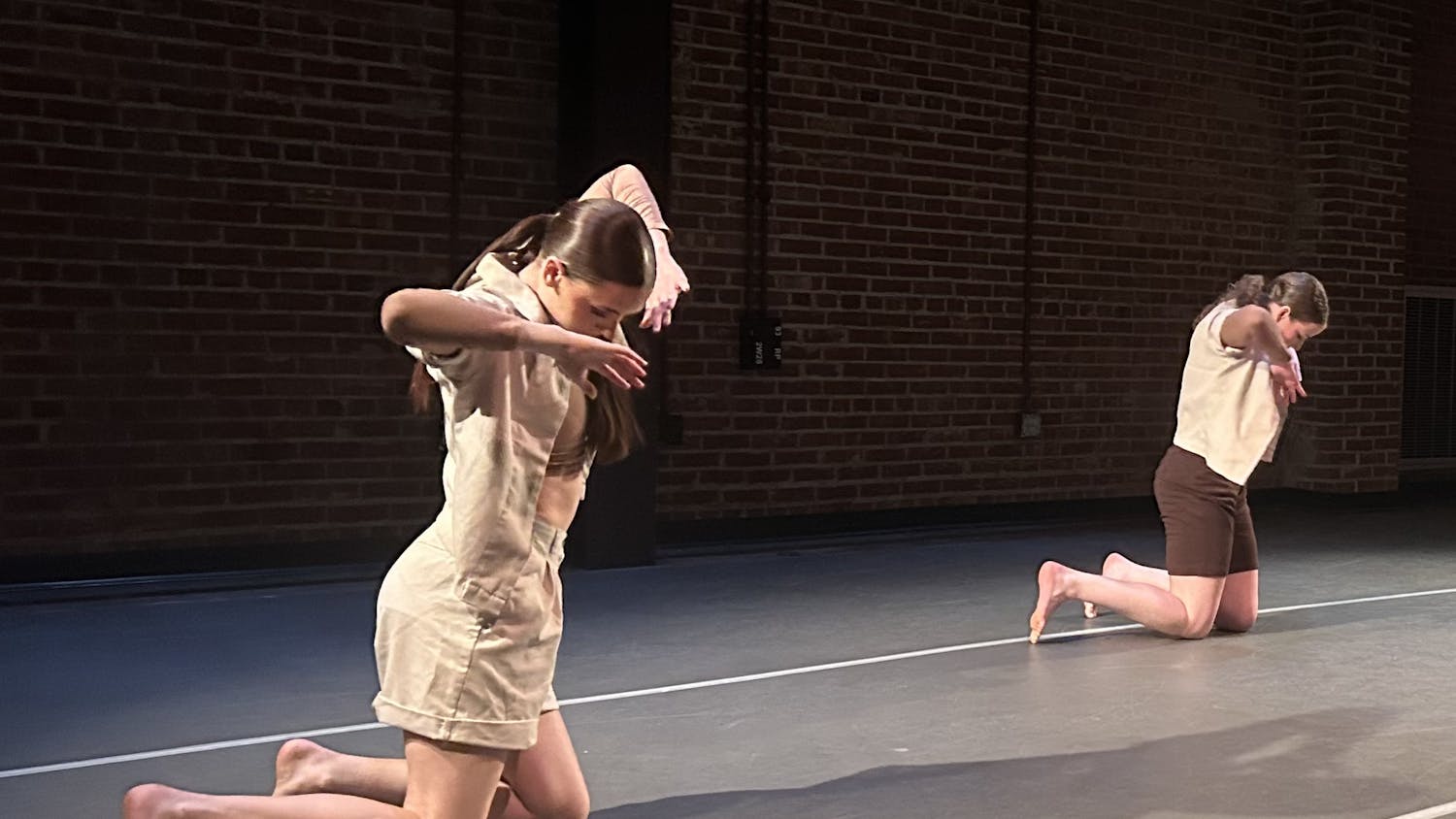SPOILER ALERT: This column contains potential spoilers about "The Idol."
HBO’s “The Idol” wrapped up its five-episode first season run July 2, and it seems unlikely that a second season will see the light of day.
The brainchild of Reza Fahim, “Euphoria” creator Sam Levinson and Abel Tesfaye — more commonly known as The Weeknd — the show focuses on up-and-coming pop star Jocelyn (Lily-Rose Depp) through her complex and manipulative relationship with nightclub owner and de facto cult leader Tedros, portrayed by Tesfaye.
From the get-go, it’s clear that Tedros is trying desperately to control Jocelyn, influencing her music and eventually moving into her house along with his cult-like entourage. He latches onto her trauma, which consists of abuse from her mother, and uses it to manipulate her personal and professional life.
The show is chock full of scenes that, often successfully, aim for some sort of shock value: violent sexual actions, overblown emotional breakdowns and even shock collar-based torture. These scenes tend to have the intended emotional impact, but what they contribute to the story and its message is wildly unclear.
From early in its production, “The Idol” was doomed for this sort of narrative dissonance. Amy Seimetz was the show’s original director and she reportedly led the production until it was 80 percent complete. When she departed and Sam Levinson took over, he endeavored to rewrite and reshoot everything.
Tesfaye reportedly complained about the “female perspective” Seimetz was bringing to the show, resulting in the directorial change. However, because of the story’s actual textual content, which plainly deals with the exploitation of a young female pop star by her male superiors, the removal of the female perspective made the narrative lose all cohesion and severely confused its intended message.
The relative high point of the show is certainly its soundtrack, mainly produced by The Weeknd. His expertise in pop music production contrasts starkly with his incompetence in television production and milquetoast acting, which results in a show that is often more entertaining to listen to than it is to watch.
Jocelyn’s fictional breakout single, “World Class Sinner / I’m A Freak,” seems fairly believable as a pop anthem, but features much of the same hollow shock value as the show. To its credit, it has garnered over 12 million streams on Spotify.
The soundtrack is star-studded, with The Weeknd bringing in high-profile musical names like Future, Ramsey and Lil Baby, as well as stars of the show including Depp, Suzanna Son, Moses Sumney, JENNIE and Troye Sivan. If “The Idol” is to be remembered in the cultural zeitgeist, it will certainly be for its music before the show itself.
The final episode features perhaps the most confusing choice of all. It’s revealed, in a sort of roundabout way, that Jocelyn was lying about her abuse and knew what was going on between her and Tedros the whole time.
Had this twist been done well, it might have resolved some of the perceived inconsistencies throughout the show, but instead it just adds to the confusion. The biggest question posed here is why Jocelyn would submit herself to Tedros’ abuse and manipulation at all if she could see behind the curtain. The show provides no answer to this question, making Jocelyn’s struggles to this point completely illegitimate.
The final twist is a cheap, unjustified thrill that provides shock value without any actual substance or reason, following what may as well be the theme of the entire show.






